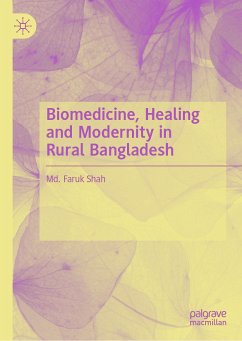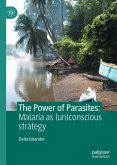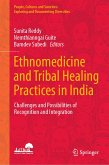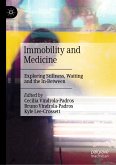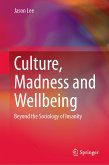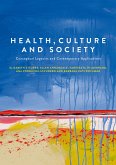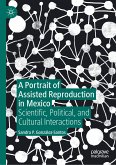This book provides an ethnographic account of the ways in which biomedicine, as a part of the modernization of healthcare, has been localized and established as the culturally dominant medical system in rural Bangladesh. Dr Faruk Shah offers an anthropological critique of biomedicine in rural Bangladesh that explains how the existing social inequalities and disparities in healthcare are intensified by the practices undertaken in biomedical health centres through the healthcare bureaucracy and local gendered politics. This work of villagers' healthcare practices leads to a fascinating analysis of the local healthcare bureaucracy, corruption, structural violence, commodification of health, pharmaceutical promotional strategies and gender discrimination in population control. Shah argues that biomedicine has already achieved cultural authority and acceptability at almost all levels of the health sector in Bangladesh. However, in this system healthcare bureaucracy is shaped by social capital, power relations and kin networks, and corruption is a central element of daily care practices.
Dieser Download kann aus rechtlichen Gründen nur mit Rechnungsadresse in A, B, BG, CY, CZ, D, DK, EW, E, FIN, F, GR, HR, H, IRL, I, LT, L, LR, M, NL, PL, P, R, S, SLO, SK ausgeliefert werden.

